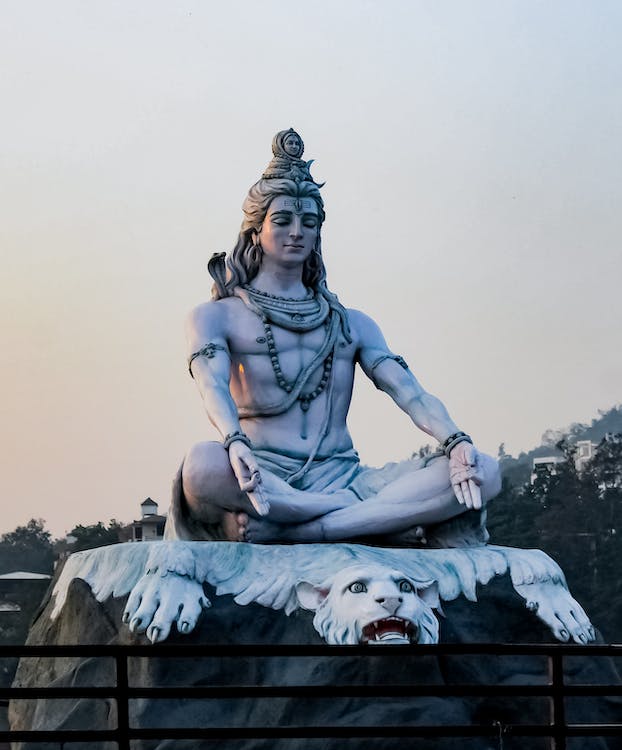Mystical Charms of Lord Shiva’s Worship in the Sacred Month of Sawan

In the rainy season, the worship of Lord Shiva holds significance for various reasons in Hindu culture. Here are some of the main reasons why people perform Shivji’s pooja during the Sawan (rainy) season:
- Religious Significance
The month of Sawan, which usually falls between July and August, is considered highly auspicious for Lord Shiva devotees. It is believed that during this period, Lord Shiva grants blessings, forgives sins, and fulfills devotees’ wishes. - Legends and Stories
According to Hindu mythology, during the churning of the ocean (Samudra Manthan) by the Devas (celestial beings) and Asuras (demons), a pot of poison (halahala) emerged from the depths, threatening to destroy the world.
To save the universe, Lord Shiva consumed the deadly poison, but his wife, Goddess Parvati, held his throat to prevent the poison from reaching his stomach. As a result, his throat turned blue, earning him the name “Neelkantha” (the one with a blue throat). The month of Sawan is believed to be the time when this incident occurred, and thus, devotees worship Lord Shiva to show gratitude and seek his blessings. - Spiritual Purification
The monsoon season is associated with fresh rains that cleanse the earth and bring rejuvenation to nature. Similarly, devotees believe that performing Shiva’s pooja during this time helps purify their souls and wash away sins, leading to spiritual growth and inner transformation. - Offering Prayers for Good Health
The rainy season is known for increased risks of waterborne diseases and infections. By worshiping Lord Shiva, people seek protection from diseases and pray for good health for themselves and their loved ones. - Unity and Festive Spirit
The month of Sawan creates a sense of unity and festivity among Lord Shiva devotees. Many people observe fasting (vrat) on Mondays, visit Shiva temples, and participate in various religious and cultural activities together, strengthening their sense of community. - Nature Worship
Hinduism emphasizes the interconnectedness of human life with nature. During the rainy season, people worship Lord Shiva as a form of nature worship, acknowledging the essential role water plays in sustaining life and agriculture.
Overall, the worship of Lord Shiva during the Sawan season is deeply rooted in the cultural and religious traditions of Hinduism. It is a time of devotion, penance, and seeking blessings for well-being and spiritual growth.



